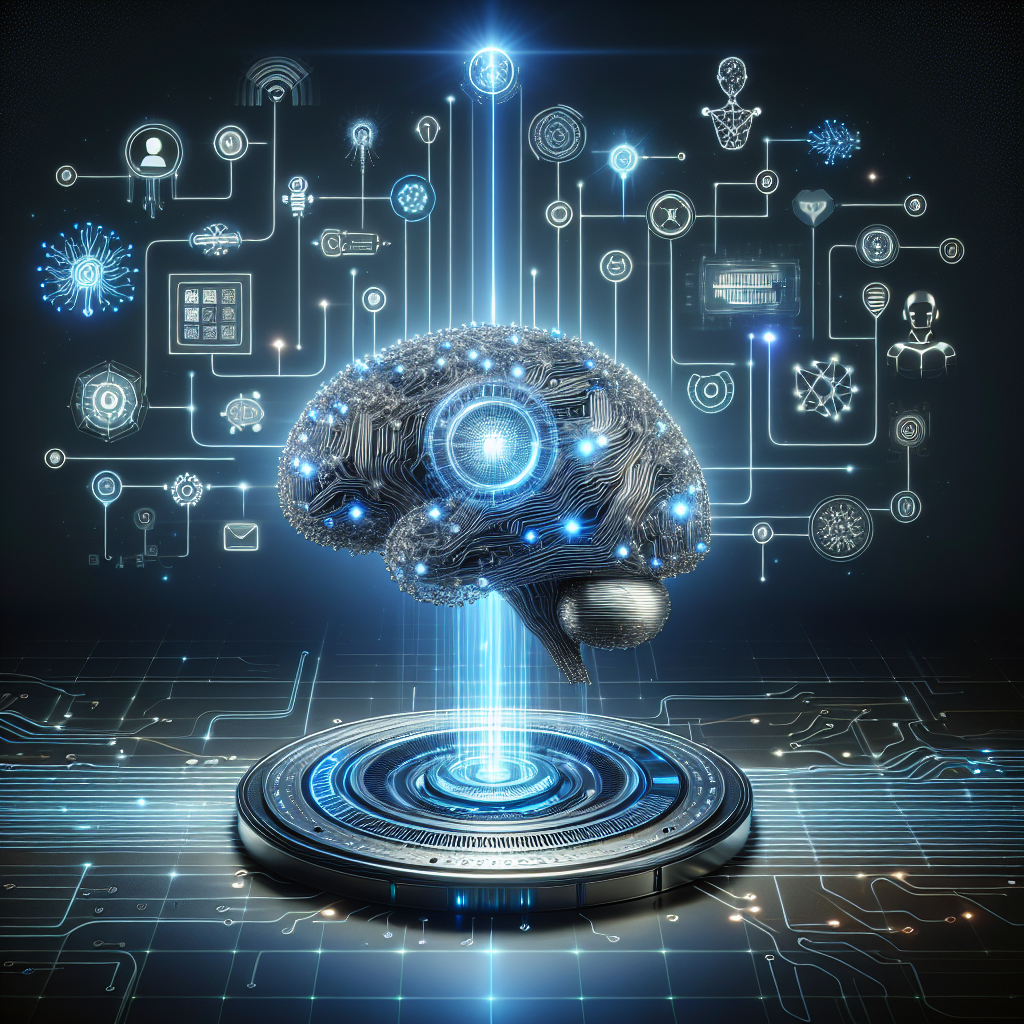AGI: A Closer Look at the Advancements in Artificial Intelligence
Artificial General Intelligence (AGI) is a term that refers to the development of machines that possess the ability to perform any intellectual task that a human being can. Unlike specialized artificial intelligence systems, which are designed to perform specific tasks, AGI aims to create a machine that can learn and adapt to new situations in a way that mimics human intelligence.
In recent years, there has been a significant amount of progress in the field of artificial intelligence, with companies like Google, Facebook, and OpenAI investing heavily in research and development of AGI. These advancements have led to the creation of sophisticated AI systems that can outperform humans in tasks such as playing chess, recognizing images, and translating languages.
One of the key challenges in developing AGI is creating a system that can not only perform specific tasks but also understand and learn from its environment. This requires the integration of various technologies such as machine learning, natural language processing, and computer vision.
Machine learning is a branch of artificial intelligence that involves training algorithms to learn from data and make predictions or decisions. This technology is at the core of many AI systems and is essential for enabling machines to recognize patterns, make decisions, and adapt to new situations.
Natural language processing (NLP) is another important technology for AGI, as it enables machines to understand and generate human language. NLP is used in applications such as chatbots, virtual assistants, and language translation services, and is essential for enabling machines to interact with humans in a natural way.
Computer vision is another key technology for AGI, as it enables machines to interpret and understand visual information. Computer vision is used in applications such as facial recognition, object detection, and autonomous vehicles, and is essential for enabling machines to perceive and interact with the physical world.
In addition to these technologies, researchers are also exploring new approaches to AGI, such as reinforcement learning, which involves training algorithms to learn from trial and error. This approach has been used to create AI systems that can play complex games like Go and Poker, and is seen as a promising avenue for developing AGI.
Despite the progress that has been made in the field of AGI, there are still many challenges that need to be overcome before a truly intelligent machine can be created. One of the key challenges is developing algorithms that can learn from small amounts of data, as most AI systems require large datasets to train effectively.
Another challenge is creating AI systems that can understand and reason about the world in a way that mimics human intelligence. This requires developing algorithms that can learn from experience, generalize knowledge, and make decisions in complex and uncertain environments.
Ethical considerations are also a major concern when it comes to AGI, as the development of intelligent machines raises questions about the potential impact on society and the risks associated with creating machines that are more intelligent than humans. Researchers are actively working to address these concerns and ensure that AI systems are developed in a responsible and ethical manner.
In conclusion, AGI represents a significant advancement in the field of artificial intelligence, with the potential to revolutionize many aspects of society. While there are still many challenges to overcome, researchers are making rapid progress in developing intelligent machines that can learn, adapt, and interact with the world in a way that mimics human intelligence.
FAQs:
Q: What is the difference between AGI and narrow AI?
A: Narrow AI refers to artificial intelligence systems that are designed to perform specific tasks, such as playing chess or recognizing images. AGI, on the other hand, aims to create machines that possess the ability to perform any intellectual task that a human can.
Q: How close are we to achieving AGI?
A: While significant progress has been made in the field of artificial intelligence, researchers believe that achieving true AGI is still a long way off. There are many challenges that need to be overcome before a machine can possess the level of intelligence and adaptability that humans have.
Q: What are some potential applications of AGI?
A: AGI has the potential to revolutionize many industries, including healthcare, finance, transportation, and entertainment. Intelligent machines could be used to diagnose diseases, predict market trends, drive autonomous vehicles, and create immersive virtual experiences.
Q: What are some ethical concerns related to AGI?
A: The development of AGI raises many ethical concerns, including the potential impact on the job market, the risks associated with creating machines that are more intelligent than humans, and the need to ensure that AI systems are developed in a responsible and ethical manner. Researchers are actively working to address these concerns and develop guidelines for the ethical use of AI.

